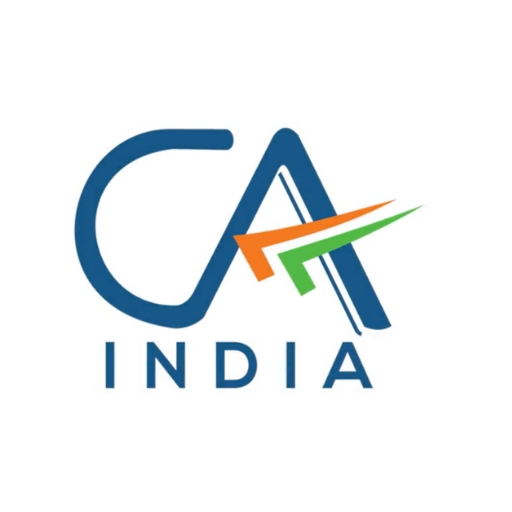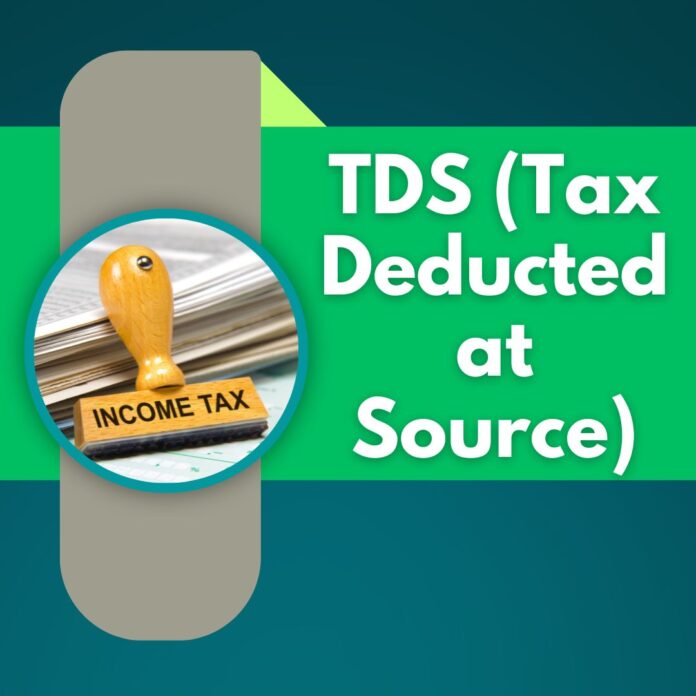New Formats Alert: Financial Statements for Non-Corporate Entities Applicable from FY 2024–25
Author: CA Devesh Thakur | Date: June 2025
The Institute of Chartered Accountants of India (ICAI), through its Accounting Standards Board (ASB), has issued a Guidance Note on Financial Statements of Non-Corporate Entities, applicable from Financial Year 2024–25. This move is aimed at improving the transparency, consistency, and comparability in financial reporting among entities not governed by the Companies Act or LLP Act.
Let’s understand what this update means for businesses and professionals.
📌 Who Are Non-Corporate Entities?
Non-Corporate Entities include all business and professional entities other than:
- Companies registered under the Companies Act, 2013
- LLPs registered under the LLP Act, 2008
They typically operate under different legal structures like:
- Sole Proprietorships
- Hindu Undivided Families (HUFs)
- Registered/Unregistered Partnership Firms
- Associations of Persons (AOPs), Body of Individuals (BOIs)
- Societies and Trusts
- Resident Welfare Associations (RWAs)
- Statutory Bodies, Autonomous Institutions
- Any organisation engaged in business/professional activities
📘 What’s New in the Guidance Note?
The Guidance Note prescribes standardised formats for:
- Balance Sheet
- Statement of Profit & Loss
- Cash Flow Statement (where applicable)
- Notes to Accounts
These formats align with applicable Accounting Standards and are designed to bring clarity and uniformity across various sectors and sizes of non-corporate entities.
🎯 Objective Behind the New Formats
The key aims of this update include:
- Standardisation of financial statements
- Enhanced comparability across entities
- Reliable disclosures for users like lenders, tax authorities, investors, and regulators
- Increased transparency for audit and tax reporting purposes
🧾 Applicability
This Guidance Note is mandatory for all financial statements of non-corporate entities for periods beginning on or after April 1, 2024, unless any specific statute or regulatory authority prescribes otherwise.
⚠️ LLPs are excluded from this Guidance Note as they are treated as corporate entities.
🔍 Classification of Non-Corporate Entities
To simplify compliance, ICAI classifies non-corporate entities into 4 levels (I to IV) based on turnover and borrowing thresholds, with relaxations provided to smaller entities (Level II–IV).
For example:
- Level I: Turnover > ₹250 crore or borrowings > ₹50 crore
- Level II–IV: MSMEs with defined turnover/borrowing limits
Each level has differentiated disclosure requirements and exemptions as per the Guidance Note.
🧠 Why Does This Matter?
With the increasing complexity and scale of operations even in non-corporate setups (especially in the MSME and NPO sectors), uniformity in reporting ensures stakeholders receive meaningful, complete, and comparable financial information.
This is particularly useful for:
- Income tax audits
- Loan proposals
- Government grants
- Partnership/shareholding clarity
- Internal financial control
✅ Key Takeaways
- Applicable from FY 2024–25 for all Non-Corporate entities
- Standardised formats for financials, aligned with Accounting Standards
- Improved disclosure, transparency, and audit trail
- Not applicable to LLPs or where a different statutory format exists
📄 Download the Guidance Note
Want to explore the complete document?
📥 Click here to view ICAI’s Guidance Note on Financial Statements of Non-Corporate Entities (official site)
🗣️ Final Word
Whether you’re a practitioner, business owner, or stakeholder, understanding and implementing the new financial reporting formats is essential to ensure compliance and enhance financial communication. Let’s align with these reforms and strengthen India’s financial reporting ecosystem!




